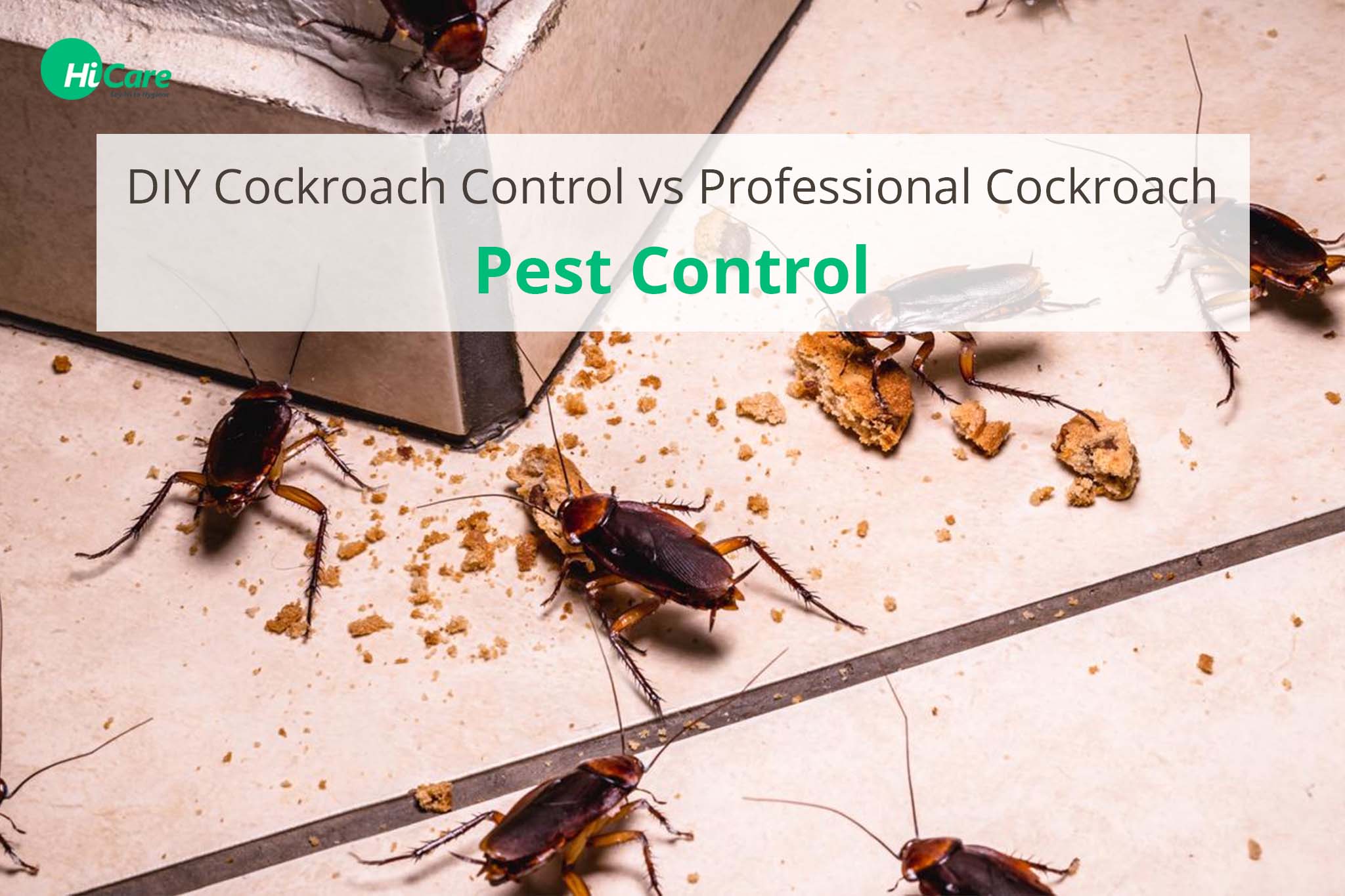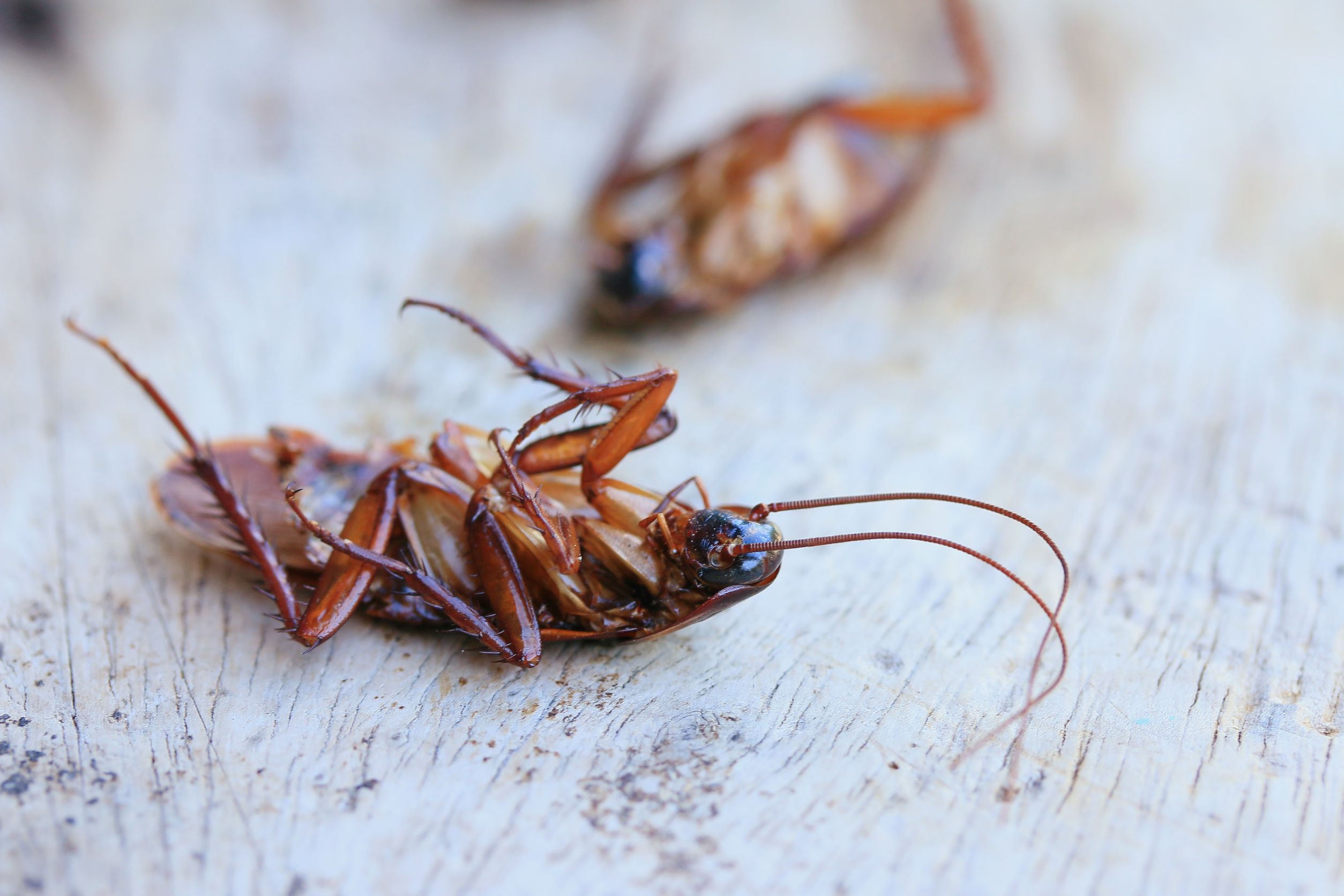Inexpensive and Reputable Roach Control Near Me Providers
Inexpensive and Reputable Roach Control Near Me Providers
Blog Article
Discovering Numerous Parasite Control Approaches to Attain Long-Term Success in Handling and Avoiding Problems in House
Effective pest control in suburbs requires a complex approach that balances prompt outcomes with long-lasting sustainability. By examining an array of methodologiesâEUR" consisting of eco-friendly options, chemical choices, and Integrated Pest Management (IPM) âEUR" homeowners can create strategies that not only attend to current invasions but also protect against future events. This expedition reveals the possibility of ingenious practices and arising innovations that might redefine typical insect management. What might these developments involve, and just how can they transform our understanding of bug control?
Understanding Insect Control Methods
Although bugs have existed together with human beings for centuries, the methods employed to manage them have evolved considerably gradually. Recognizing these techniques is critical for effectively managing and stopping problems in suburbs. Insect control methods can be generally categorized into three key strategies: cultural, mechanical, and chemical.
Cultural techniques concentrate on altering the environment to minimize bug destination and breeding. This consists of correct sanitation, crop rotation, and habitat adjustment, which can significantly reduce pest populaces. Mechanical control involves physical obstacles and catches to manage bugs straight, such as screens, vacuum cleaners, and sticky traps. This approach is usually preferred for its safe nature and instant outcomes.
Chemical control continues to be among the most extensively made use of methods, entailing the application of pesticides to eliminate parasites. While reliable, this method demands careful factor to consider of safety, potential resistance development, and ecological effect. Integrated Parasite Monitoring (IPM) combines these methods to produce an all natural approach, promoting lasting insect avoidance and minimal damage to helpful organisms. By comprehending these different bug control techniques, home owners can make enlightened choices that promote efficient management and preservation of their living rooms.
Eco-Friendly Pest Control Solutions
Just how can property owners effectively take care of parasite issues while decreasing their environmental effect? Green pest control remedies use a sustainable option to standard approaches, prioritizing the health and wellness of both citizens and the surrounding ecosystem. These solutions often make use of all-natural active ingredients and strategies that interrupt insect behavior without introducing damaging chemicals into the atmosphere.
One reliable method is using helpful pests, such as ladybugs and lacewings, which prey on usual parasites like aphids and mites. Furthermore, diatomaceous earth, a natural powder made from fossilized algae, can be sprinkled in areas where pests prevail, serving as a desiccant that damages insects while remaining safe for human beings and animals.
Furthermore, applying safety nets is crucial. roach control near me. Homeowners can make sure appropriate cleanliness by securing access factors, keeping clean space, and handling waste efficiently. Growing pest-repellent natural herbs, such as mint and basil, can additionally discourage undesirable visitors
Inevitably, eco-friendly parasite control services encourage house owners to address problems sensibly, fostering a much safer living environment while advertising eco-friendly balance. By accepting these techniques, people can add to a healthier earth while successfully handling pest-related issues.
Chemical Pest Control Options
While green solutions are progressively popular, there are circumstances where chemical insect control options may be essential for reliable administration of severe infestations. Chemical controls, consisting of pesticides, fungicides, and herbicides, are usually used to rapidly lower insect populations and click site reduce damages to homes and yards.
These items can be identified into two major groups: artificial chemicals and all-natural pesticides. Synthetic chemicals, such as pyrethroids and neonicotinoids, are crafted to target specific bugs, giving fast knockdown effects. Conversely, all-natural pesticides, obtained from plant or mineral resources, may provide a more ecologically friendly choice while still delivering effective outcomes.
Before utilizing chemical insect control, it is vital to conduct an extensive assessment of the problem and recognize the certain insect included. This guarantees that the chosen chemical is both reliable and appropriate. In addition, homeowners must abide by security standards, including correct application methods and personal safety tools, to decrease wellness threats and environmental effect.
Integrated Bug Management Methods

Organic control involves the usage of natural killers or parasites to manage parasite populations. Physical controls, like traps or barriers, can protect against bugs from entering homes or harmful crops.
Monitoring and evaluation are important components of IPM, enabling timely interventions based upon pest population thresholds. By prioritizing preventive measures and using a combination of tactics, IPM not only addresses current infestations but additionally fosters long-lasting parasite Full Article administration solutions that protect both human wellness and the atmosphere. This extensive approach is vital for sustainable parasite control in residential locations.
Emerging Technologies in Parasite Control
The arrival of emerging modern technologies in bug control is reinventing the method we handle pest populaces, offering innovative options that boost performance and performance. Developments in accuracy agriculture, for instance, use data analytics and sensing unit technologies to check bug activity and environmental conditions, permitting targeted treatments that reduce pesticide use.
Additionally, drones furnished with imaging modern technology are being used to evaluate huge locations for problems, offering real-time data that aids in prompt decision-making. In addition, biotechnology is playing a pivotal function, with the development of genetically changed organisms (GMOs) created to decrease parasite populations while maintaining useful species.

Finally, smart catches and checking gadgets furnished with IoT capabilities allow property owners and bug control experts to obtain instantaneous alerts regarding bug task, promoting prompt action. Collectively, these emerging modern technologies not only enhance insect monitoring outcomes yet likewise contribute to environmental sustainability by lowering dependence on conventional chemical treatments.

Conclusion
In verdict, efficient pest control demands a multifaceted technique that includes This Site social, mechanical, and chemical methods. The integration of these techniques is essential for accomplishing long-term success in bug management.
Report this page